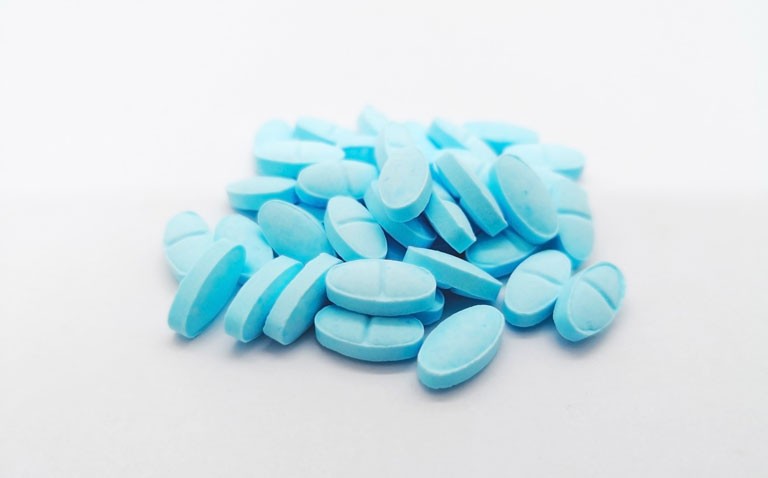Patients prescribed immunosuppressant drugs have been considered to be a high-risk group although, in practice, whether these drugs worsen or lessen the severity of infection with COVID-19 is unclear.
According to guidance from NICE, it was suggested clinicians temporarily stop immunosuppressive therapies in those with COVID-19, although the guidance does stress that this decision should be made on an individual basis. Nevertheless, advice from the Centers for Disease Control in the US, is less circumspect, noting that immunocompromised patients were at an increased risk of severe illness from COVID-19. However, there is a lack of clarity for clinicians in this therapy area, especially given the fact that the systemic corticosteroid dexamethasone (which has immunosuppressant effects) appears to be of benefit among those with severe COVID-19. In an attempt to better understand this relationship, a team from the Department of Epidemiology, John Hopkins, Bloomberg School of Public Health, Maryland, US, decided to retrospectively analyse the outcomes in patients hospitalised with COVID-19 and prescribed immunosuppressant drugs prior to admission. The team included those aged 18 years and over but excluded any patients ventilated upon admission or during their emergency department assessment. All patients were followed-up from their admission to either discharge or death. The primary outcome was the use of mechanical ventilation, which they defined in terms of the time from admission to use of the procedure, whereas secondary outcomes included in-hospital mortality and length of hospital stay.
Findings
A total of 2121 adults were admitted to hospital between March and the end of August 2020 with either confirmed or suspected COVID-19. The median age was 55 years (49% male) with 45% and 18% of Black and Hispanic ethnicity, respectively. Only 108 people were prescribed immunosuppressant therapy with the most common drugs being prednisolone, at a dose >7.5mg (44%), followed by tacrolimus (19%), mycophenolate mofetil (9%) and methotrexate (2%). With respect to the primary outcome, there was no difference in the proportion of patients subsequently undergoing mechanical ventilation (16% vs 15% immunocompromised vs immunocompetent, p = 0.745). Similarly, both the in-hospital mortality and duration of stay were not significantly different. For instance, the median in-hospital mortality was 7% in both groups and the duration of in-patient stay was 6.9 vs 5.1 days (immunosuppressed vs immunocompetent, p = 0.085). Commenting on these findings, the authors speculated that immunosuppressant therapy might decrease the severity of any hyper-inflammatory response and thus lessen the severity of the associated cytokine storm.
They concluded that these results should offer reassurance to clinicians that immunosuppressive therapy does not impact on disease severity in those with COVID-19.
Citation
Andersen KM et al. Association between chronic use of drugs and clinical outcomes from coronavirus disease 2019 (COVID-19) hospitalisation: a retrospective cohort study in a large US Health System. Clin Infect Dis 2021 https://doi.org/10.1093/cid/ciaa1488










